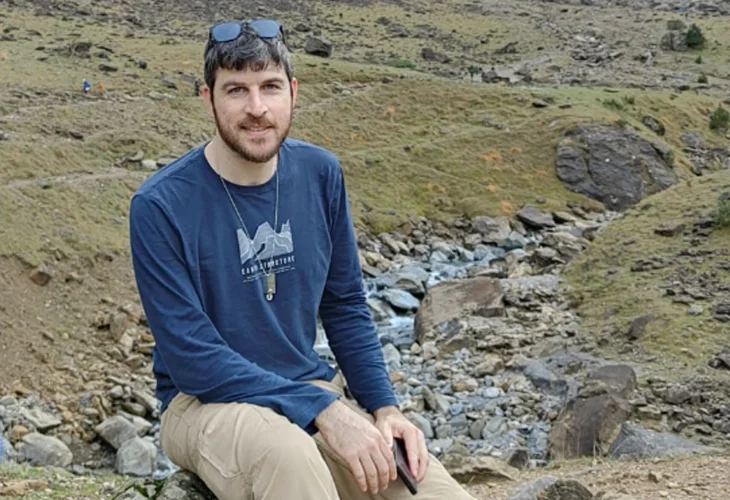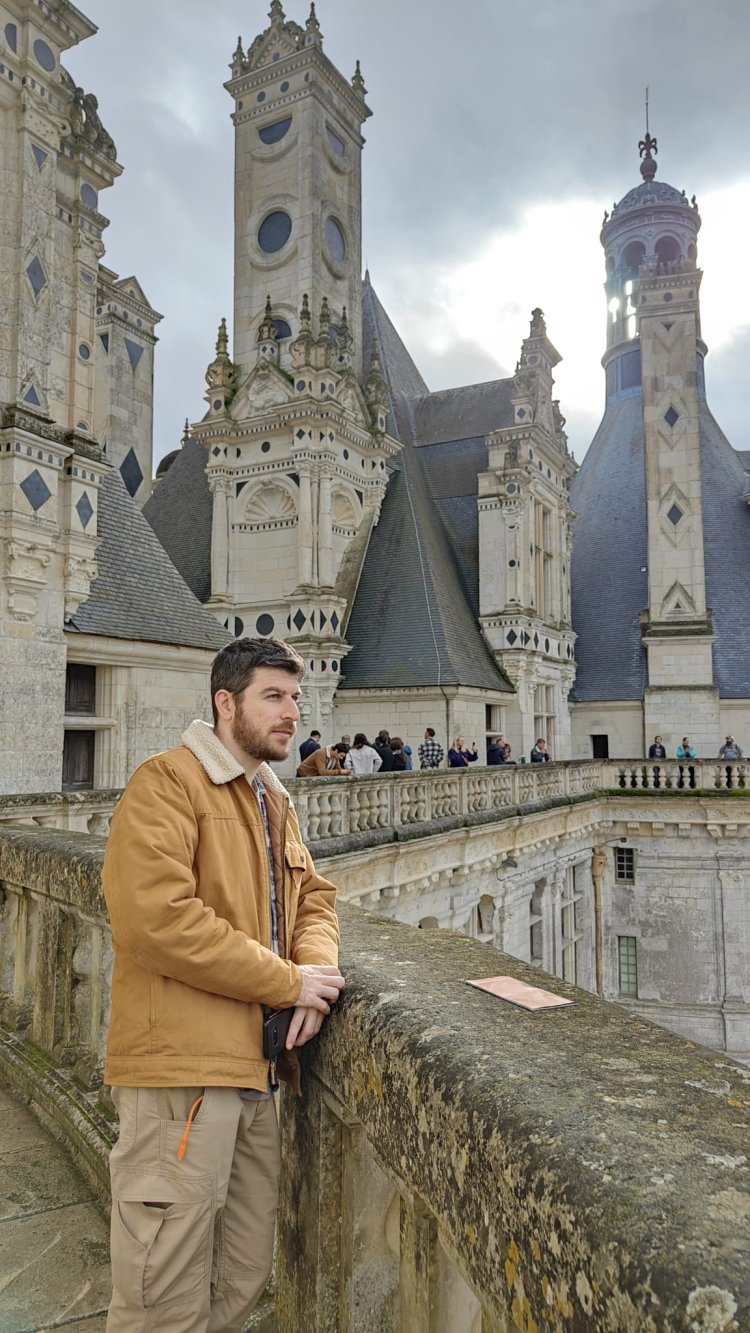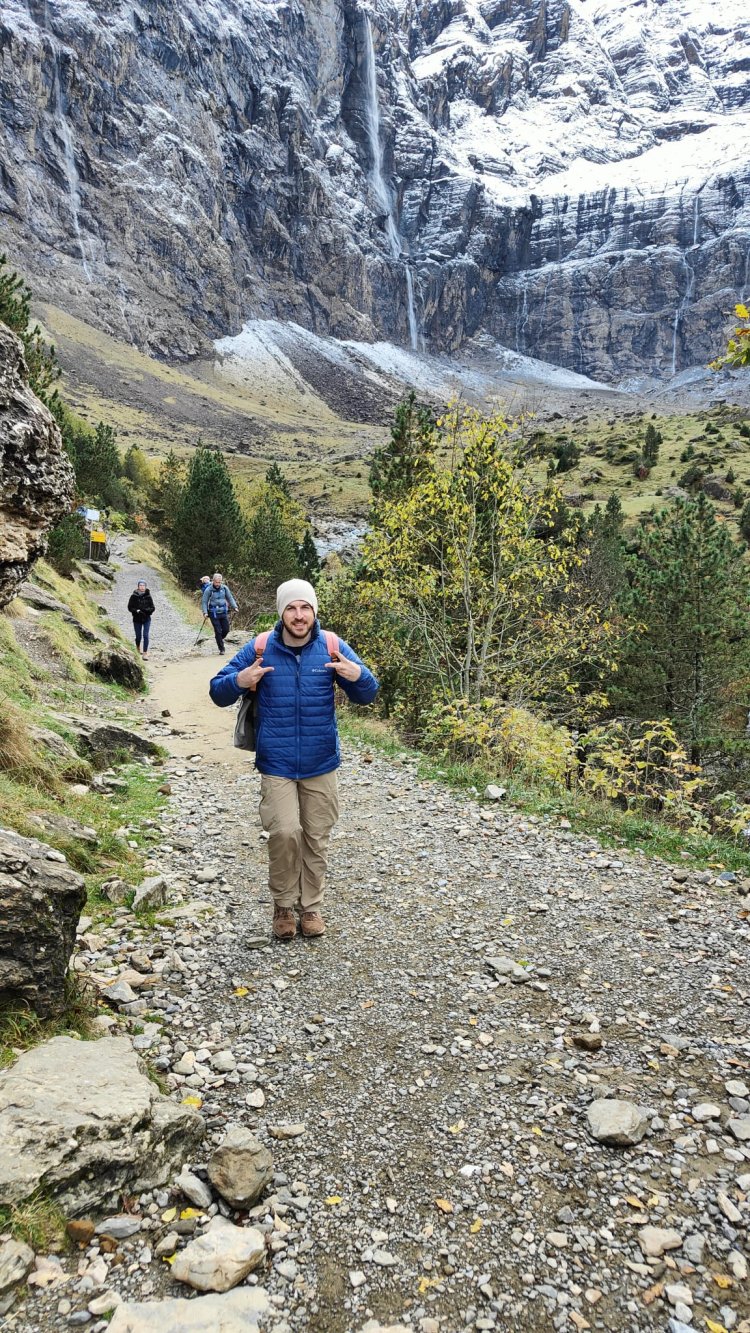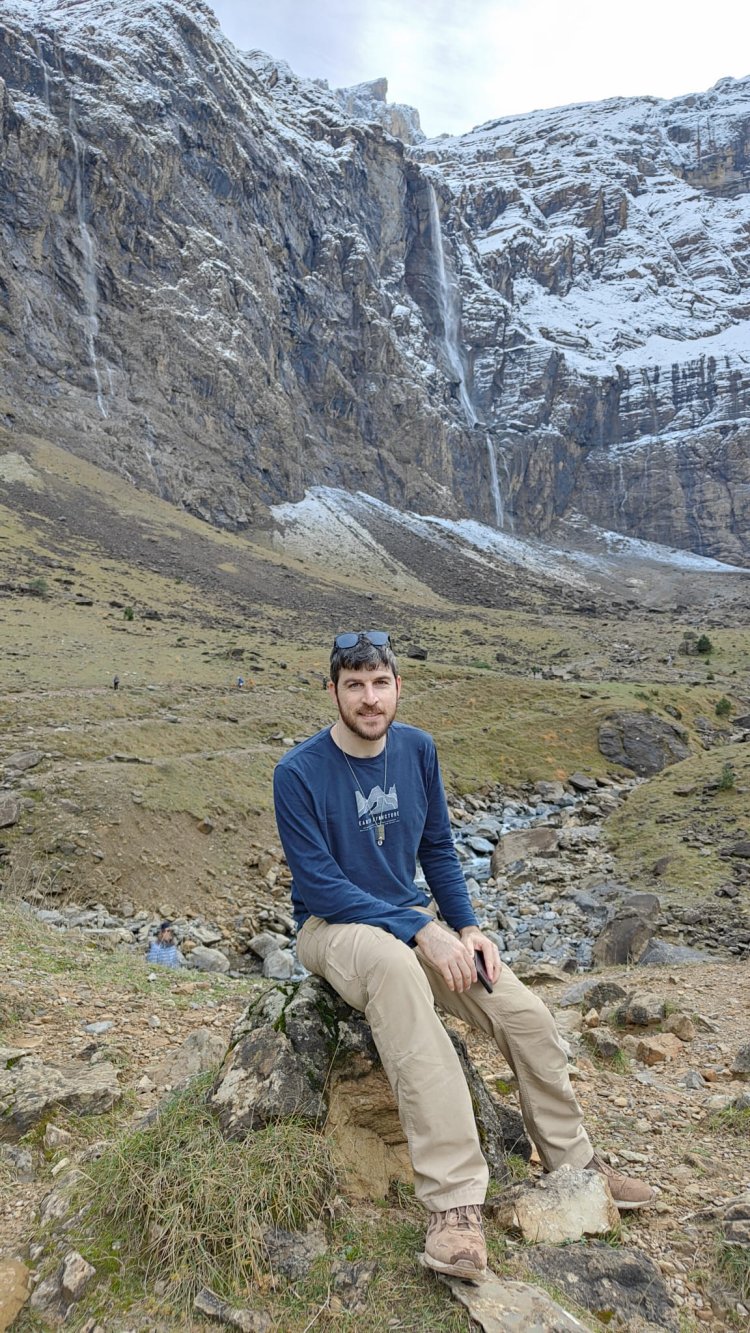"I Refused to Let the Illness Control My Life": Gal Erezi's Inspiring Journey
Diagnosed with multiple sclerosis at age 14, Gal Erezi chose to live life to the fullest. Now, as he approaches his wedding and the completion of his degree, he shares his inspiring story.
 Gal Erezi
Gal EreziImagine being 14, focused on school, friends, homework, and afternoon soccer. Suddenly, a bolt from the blue: "multiple sclerosis." What could such a diagnosis mean to a child?
Today, at 34, Gal Erezi recounts his incredible journey: "The illness first hit at 13, but it wasn't diagnosed until I was 14," he recalls. "I remember our ride back from the doctor's office, absorbing the heavy news."
"My parents and I were bewildered," he continues. "Initially, we were silent, until I told them, 'From what the doctor said, I don't have multiple sclerosis—I've got 'excuses' now.' We burst into laughter, and the shock faded away."
Looking back, Erezi truly believes in the power of humor during such times. "This mindset has been my way of tackling life and the illness. Unfortunately, many people hide it for fear of societal rejection. I was the opposite. As a child, naive to life's realities, I faced everything head-on without hiding."

Fitting In and Standing Out
Now close to finishing his software engineering degree and on the eve of his wedding, Erezi talks about multiple sclerosis candidly, never having hidden it. "After the diagnosis, I was hospitalized for a week. My teacher asked my mom if she could explain my condition to my classmates. I immediately said, 'Sure, let them know.' I believed the discussion would benefit everyone, a belief I embraced unknowingly."
Another strategy Erezi adopted was ignoring the privileges of a patient, trying to lead a typical life. "We lived in Ram-On in Gilboa, where my family has an olive grove requiring constant maintenance. I never quit my responsibilities there, living life fully as long as the illness stayed in check."
Were there tougher times?
"Absolutely. In 11th grade, some severe attacks left me immobile. I struggled even to reach school from the bus stop. It was traumatic, threatening my routine. But a unique treatment filtering my blood of antibodies helped. Feeling better, I pushed forward, refusing to lament the past."
Knowing he wouldn't be drafted due to his illness, Erezi sought a pre-army program to explore Israeli lifestyles, including religious ones. "The program provided lasting life lessons. I volunteered for a year and a half, then planned a globetrotting adventure like my peers."
To those questioning the feasibility of such plans, he explains: "At the time, I was on thrice-weekly injections, kept refrigerated. If forgotten during trips, my friends unhesitatingly retraced our steps with me. Such forgetfulness was frequent, part of the illness's side effects."


The Goal: Empowering Others
After traveling, Erezi sought preferred work and found a job in a factory, which suited him perfectly: "Driving a forklift allowed extended sitting while being productive," he recounts, continuing there for ten months while taking courses in copywriting and machining.
Five years ago, enrolling in a software engineering degree marked a breakthrough. Despite memory challenges, he's nearing completion, undeterred. "I struggle cognitively, often forgetting things," he admits, "but I've learned strategies to overcome these. Joining a unique support group at the Hillel Yaffe Medical Center has been incredibly helpful."
"Additionally, participation in a mentorship course equipped me with vital skills. A key takeaway is accepting and embracing oneself despite the illness. Only by self-love and recognizing one's value, independently of the disease, can one overcome challenges."
"I plan to support others, recognizing multiple sclerosis affects not just the patient but the whole family. My advice often includes humor, understanding everyone deals with things differently, seeking positivity in supporting them—not arguing but uplifting."
What's your secret? What fuels your drive?
"Faith and optimism," he answers without pause. "Though there's no cure yet, I'm hopeful, as it's a well-researched illness, with potential discoveries promising wider medical advancements."
What are your future plans?
Silent for a moment, Erezi takes a deep breath. "Despite the unique challenges my condition brings, my dreams are common—career stability, family, continued personal and professional growth. Dreaming big has always propelled me forward."

